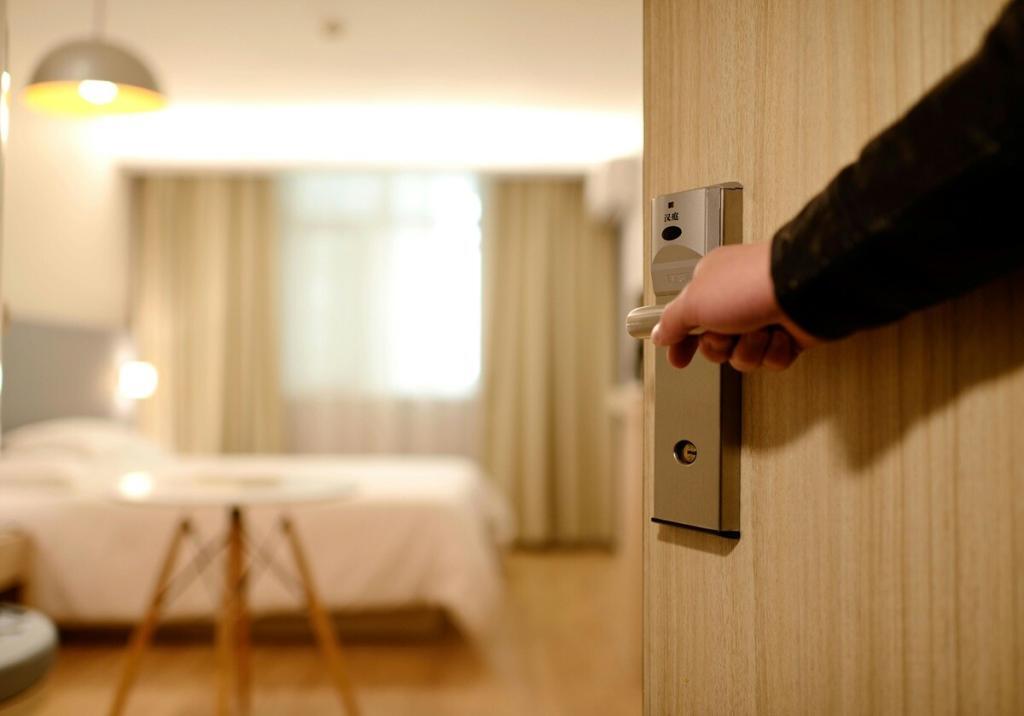Running a hotel or bed and breakfast is a balancing act between delivering exceptional guest experiences and managing operational efficiency. With rising costs, evolving guest expectations, and increasing competition, resource management has become more critical than ever. Smart, sustainable practices not only help reduce waste and control expenses but also enhance service quality and long-term profitability.
Here are five practical resource management strategies that can help hospitality businesses streamline operations, improve guest satisfaction, and maintain a competitive edge.
Optimize Energy and Water Usage
Energy and water are two of the largest utility expenses for hotels and B&Bs. Implementing energy-efficient systems—such as LED lighting, smart thermostats, and motion-sensor lighting in common areas—can significantly reduce consumption without compromising comfort. Similarly, installing low-flow showerheads and dual-flush toilets helps conserve water while maintaining a high standard of guest experience.
Regular maintenance of HVAC systems, water heaters, and plumbing also ensures optimal performance and prevents costly breakdowns. Many properties are now investing in energy management systems that monitor usage in real time, allowing for data-driven decisions and proactive adjustments.
Streamline Housekeeping Operations
Housekeeping is a labor-intensive area where small efficiencies can lead to big savings. Standardizing cleaning procedures, using checklists, and training staff on time-saving techniques can improve productivity and consistency. Offering guests the option to skip daily linen changes not only supports sustainability but also reduces laundry loads and labor hours.
Technology can also play a role. Mobile task management apps allow housekeeping teams to receive real-time updates, prioritize rooms, and report maintenance issues instantly. This reduces downtime and improves communication between departments, leading to smoother operations and faster room turnover.
Partner with Reliable Vendors
Vendor relationships are a cornerstone of efficient hospitality operations. From food and beverage suppliers to maintenance contractors, choosing the right partners can impact everything from cost control to service quality. One area where this is especially important is laundry services. Working with a dependable commercial laundry supplier ensures that linens, towels, and uniforms are consistently clean, well-maintained, and delivered on time.
A trusted supplier can also help reduce waste by extending the life of textiles through proper care and offering eco-friendly laundering options. Establishing long-term partnerships with vendors who understand your business needs allows for better pricing, more responsive service, and greater operational stability.
Monitor Inventory and Reduce Waste
Effective inventory management is essential for controlling costs and minimizing waste. This applies to everything from toiletries and cleaning supplies to food and beverages. Implementing a digital inventory system can help track usage patterns, set reorder thresholds, and reduce overstocking or spoilage.
In the kitchen, adopting a first-in, first-out (FIFO) system and training staff on portion control can significantly cut down on food waste. For guest amenities, consider offering refillable dispensers instead of single-use items. Not only does this reduce plastic waste, but it also aligns with growing guest preferences for sustainable practices.
Invest in Staff Training and Retention
Your team is one of your most valuable resources. Investing in staff training ensures that employees are equipped to perform their roles efficiently and deliver excellent service. Cross-training staff to handle multiple responsibilities can also improve flexibility and reduce the need for additional hires during peak periods.
Retention is equally important. High turnover leads to increased recruitment and training costs, as well as disruptions in service quality. Creating a positive work environment, recognizing employee contributions, and offering opportunities for growth can help retain skilled staff and foster a culture of accountability and excellence.
Conclusion
Smart resource management is about more than just cutting costs—it’s about creating a well-run, sustainable operation that delivers consistent value to guests and staff alike. By optimizing utilities, streamlining housekeeping, partnering with reliable vendors, managing inventory wisely, and investing in your team, hotels and B&Bs can enhance efficiency without sacrificing quality.
In a competitive and ever-evolving industry, these strategies not only improve the bottom line but also contribute to a more resilient and guest-focused hospitality experience.

